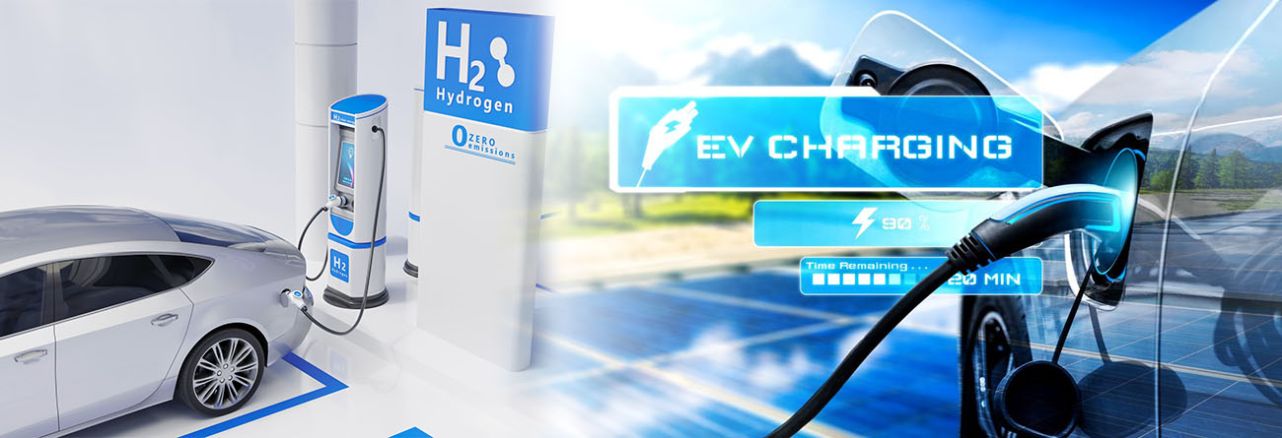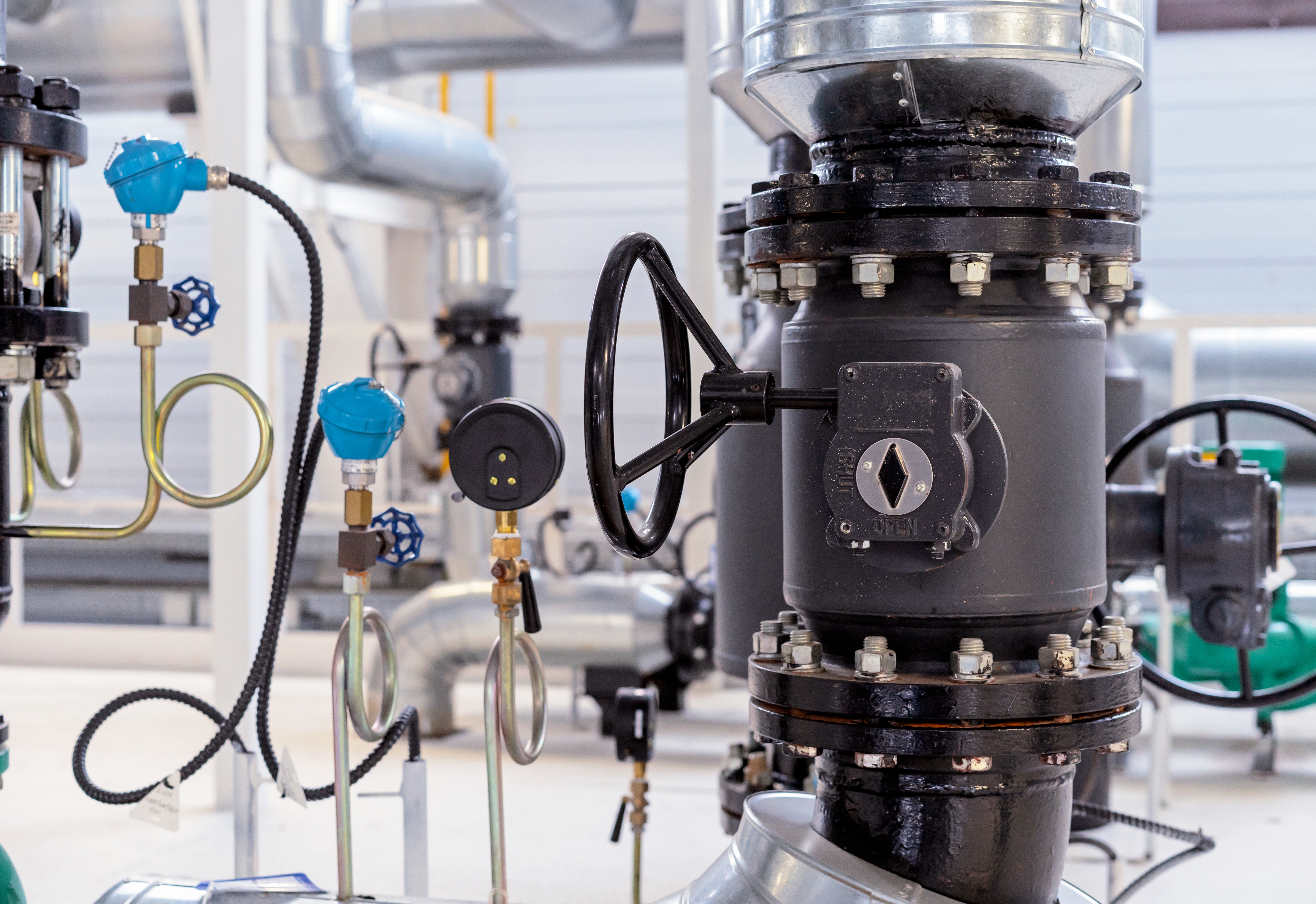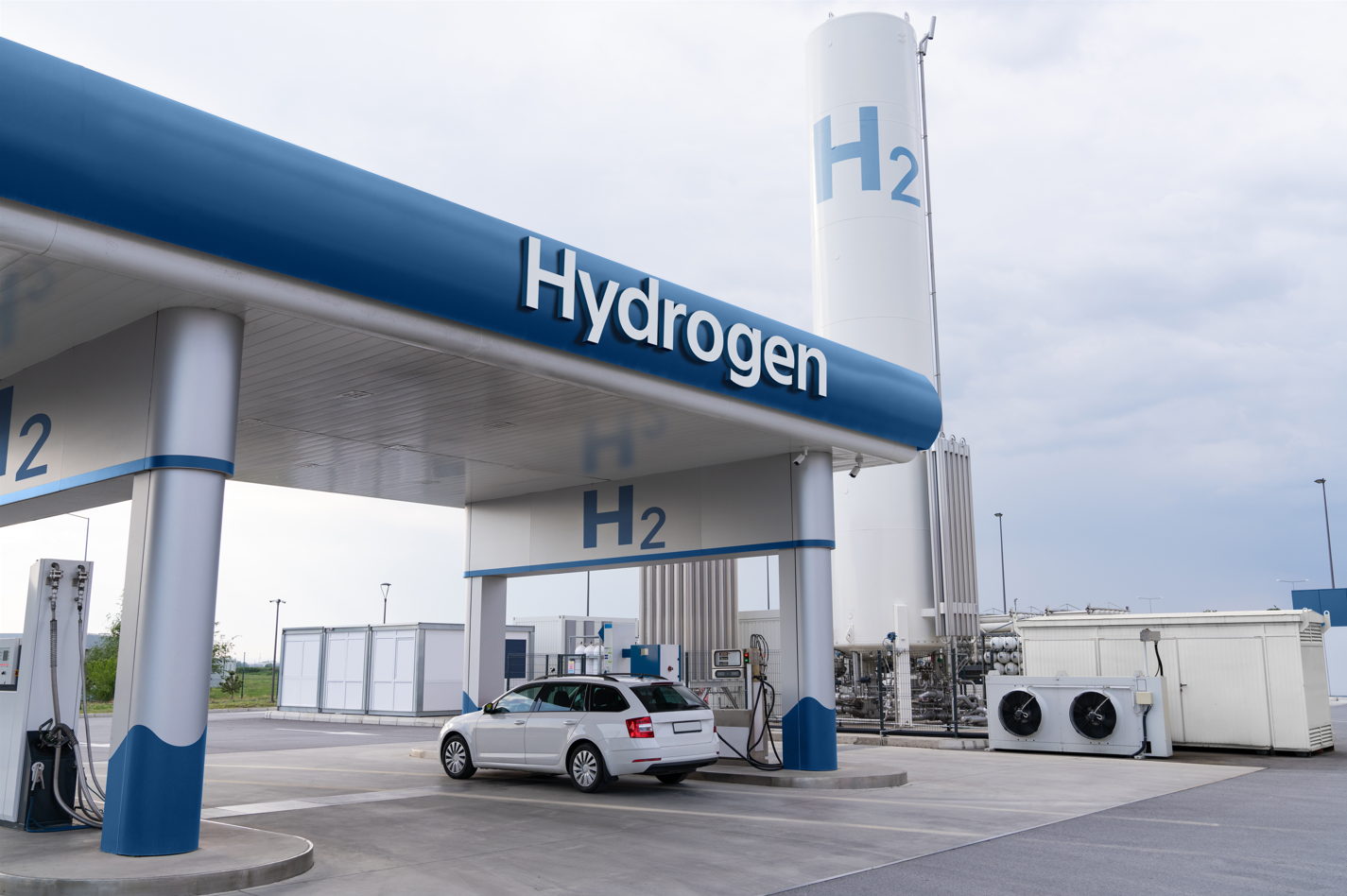Featured Articles
2022-01-03
Lithium electric vehicle supply chain deviates from zero emissions
 Car manufacturers have divergent views on the direction of zero emissions.
Car manufacturers have divergent views on the direction of zero emissions.In the past two decades, the most stringent challenge to the automotive industry has been environmental protection laws and regulations. Carbon emissions must be gradually reduced, otherwise the market cannot be listed. In other words, automakers that can put forward a blueprint for carbon reduction plans can ensure long-term competitiveness. Carbon reduction has not only become a technical indicator of the auto industry, it is also the most basic social responsibility and a guarantee for the image of the car factory. Therefore, the major automakers have to try to improve the efficiency of the system from all levels in order to meet the standards.
Although huge R&D resources have been invested in improvement and have indeed achieved significant carbon reduction benefits, fuel vehicles have their limits. After all, they will be stretched for the foreseeable future and will not be able to meet regulatory standards. However, fuel vehicles have a history of 100 years of development, the technology is very mature, and the industrial chain is also very complete. For most time-honored auto factories, it is impossible to eliminate them in a short time. They must be phased step by step to achieve economic benefits. Therefore, Toyota Motor announced the world's first hybrid electric vehicle Prius at the end of 1997, which is based on a realistic level, taking into account environmental protection trends and maintaining economic considerations.
However, this situation happens to give the completely unburdened new car factory a good opportunity to cut into the market with the relative difference of the 100% green energy lithium battery. Tesla, which was founded in 2003, is the most talked about. It has set a benchmark for the greening of automobiles and has even become the target of traditional car manufacturers. General public opinion believes that lithium batteries are the mainstream, and even the only solution, to enter the green environment. However, with the gradual popularization of lithium electric vehicles represented by Tesla, the challenges are just at the beginning, and problems also emerge, which run counter to the earlier demands of safety, environmental protection and zero-emission green energy. On the other hand, Toyota, the world's largest car manufacturer, and Hyundai Motor of South Korea have directly focused their R&D energy on hydrogen vehicles. This means that car manufacturers have divergent views on the direction of zero emissions. So what is the truth?
References
Although huge R&D resources have been invested in improvement and have indeed achieved significant carbon reduction benefits, fuel vehicles have their limits. After all, they will be stretched for the foreseeable future and will not be able to meet regulatory standards. However, fuel vehicles have a history of 100 years of development, the technology is very mature, and the industrial chain is also very complete. For most time-honored auto factories, it is impossible to eliminate them in a short time. They must be phased step by step to achieve economic benefits. Therefore, Toyota Motor announced the world's first hybrid electric vehicle Prius at the end of 1997, which is based on a realistic level, taking into account environmental protection trends and maintaining economic considerations.
However, this situation happens to give the completely unburdened new car factory a good opportunity to cut into the market with the relative difference of the 100% green energy lithium battery. Tesla, which was founded in 2003, is the most talked about. It has set a benchmark for the greening of automobiles and has even become the target of traditional car manufacturers. General public opinion believes that lithium batteries are the mainstream, and even the only solution, to enter the green environment. However, with the gradual popularization of lithium electric vehicles represented by Tesla, the challenges are just at the beginning, and problems also emerge, which run counter to the earlier demands of safety, environmental protection and zero-emission green energy. On the other hand, Toyota, the world's largest car manufacturer, and Hyundai Motor of South Korea have directly focused their R&D energy on hydrogen vehicles. This means that car manufacturers have divergent views on the direction of zero emissions. So what is the truth?
References
- 日本写真印刷株式会社 News Release 2014.12.16 : トヨタの燃料電池自動車「MIRAI」に水素ディテクターが採用
- Nissha株式会社 company webpage: 世界で初めて量産FCVに採用されたNISSHAエフアイエスの水素センサー
- 新コスモス電機 2021-3-1 News Release: トヨタ 新型「MIRAI」に 当社の車載用水素ディテクタが採用されました
- 日本特殊陶業 company webpage: 究極のエコカー・FCVの走行性能と安全性を守る「水素漏れ検知センサ」の開発を推進するイノベーターたち
- 日経エレクトロニクス2017/08号 Hot News:東芝が新型の水素センサー、消費電力を1/100以下に:ヒーター不要のMEMSで実現
- EETimes Japan 2016-10-06 消費電力0.01mWの水素センサー、ReRAMがヒントに
- 國金證券 2017- 06- 22 燃料电池行业系列研究之五 氢气安全吗?燃料电池车用氢安全性分析
- Hyndai Motor Group company webpage: How Safe Is Hydrogen?: At the Heart of an FCEV 2019-09-06
- The World News, 2021-12-01 VW expects battery, raw material drive to cost up to €30b https://twnews.co.uk/my-news/vw-expects-battery-raw-material-drive-to-cost-up-to-eur30b
- Financial Post, 2020-09-29, Tesla aims to mine its own lithium in Nevada after dropping plan to buy miner https://financialpost.com/commodities/mining/tesla-aims-to-mine-its-own-lithium-in-nevada-after-dropping-plan-to-buy-miner
- Hydrogen Industry News & Market Intelligence, 2021.04.23, Mr Morrison wanting to produce the “cheapest clean hydrogen in the world” at Australia hydrogen valley https://hydrogen-central.com/morrison-cheapest-clean-hydrogen-world-australia-hydrogen-valley/
- CBR, 2021.03.26 Hydrogen refuelling station opens in Canberra https://www.act.gov.au/our-canberra/latest-news/2021/march/australias-first-public-hydrogen-refuelling-station-opens-in-canberra
- Green Car Congress, 2021.-04-06 Toyota launches hydrogen production and refueling facility in Australia https://www.greencarcongress.com/2021/04/20210406-toyota.html
- Hydrogen Council, 2020.01 A comprehensive cost perspective on hydrogen applications and technologies
- 日本經濟新聞 2021-08-12 水素価格3分の1へ 岩谷産業、本格普及に挑む 関西企業攻める
- Nature, 2021-08-17, Electric cars and batteries: how will the world produce enough?
- Rec Anything, 2021-01-29, Electric Car Battery Recycling - How it's made (a great documentary!) https://www.youtube.com/watch?v=jn3SPW0huBI
- Green Card Report, 2020-04-28, Toyota has sold more than 15 million hybrids globally
- The Driven, 2020-02- 08, Tesla sold quarter of all global electric vehicle market in 2020
- The Verge, 2021-09-28, ELON MUSK, LIVE AT THE CODE CONFERENCE
- Hyndai Press Release, 2021-09-07, Hyundai Motor Group presents its vision to popularize Hydrogen by 2040 at Hydrogen Wave Forum
- BP Statistical Review of World Energy 2020 |



